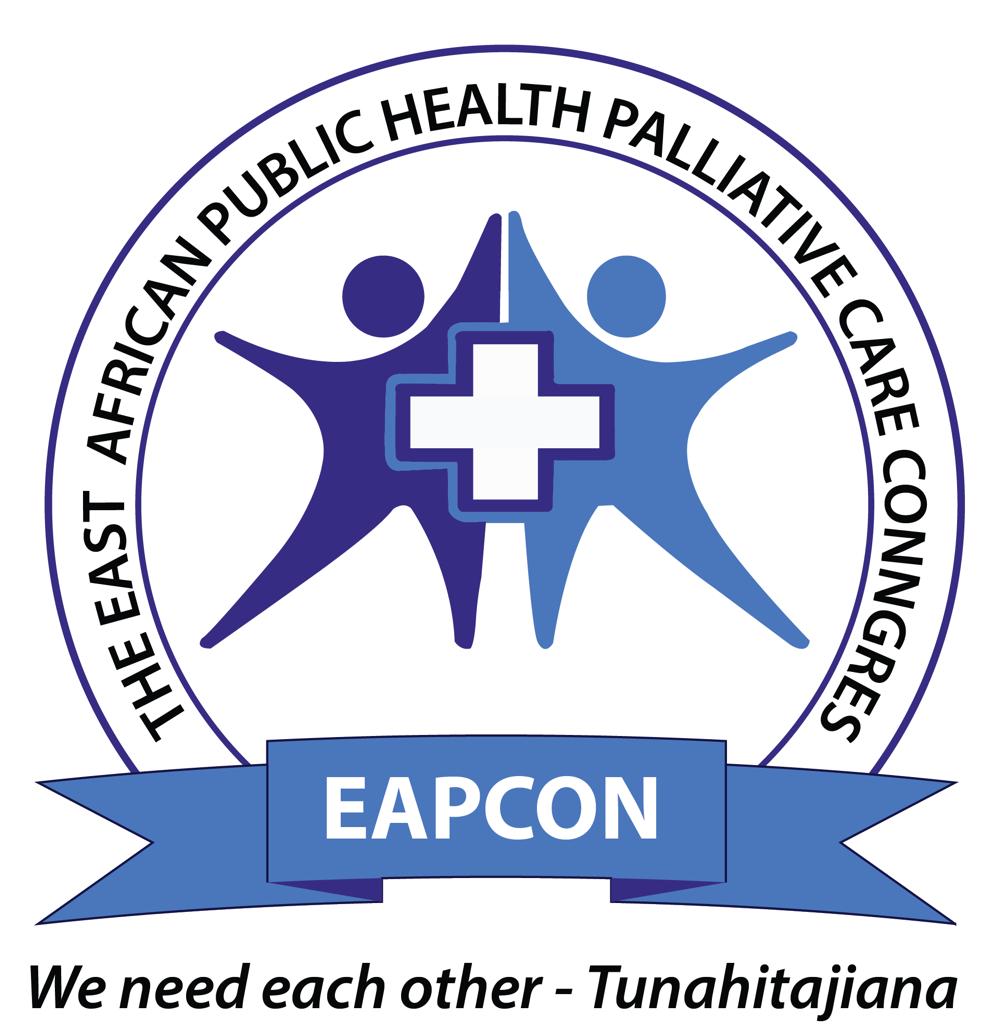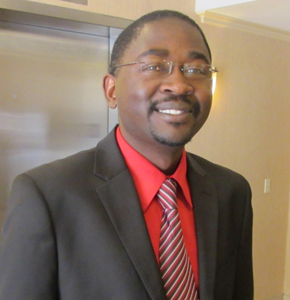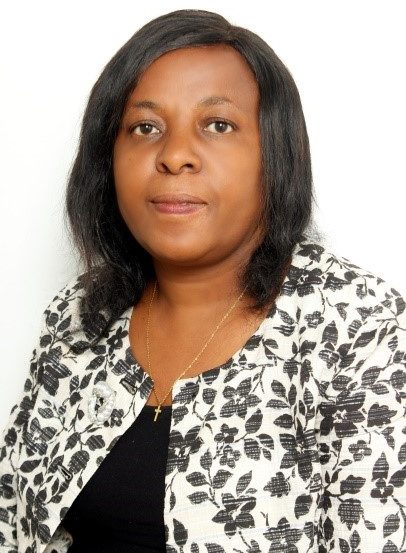Dr. Christina V. Malichewe
Dr. Christina V. Malichewe is a Clinical Oncologist, Palliative care physician, and Lecturer at the Muhimbili University of Health and Allied Sciences (MUHAS). She received her Medical Doctor of Medicine degree (MBChB) from Mbarara University of Science and Technology in Uganda, where her love for Palliative care as a medical student started. Did her internship at Bugando Medical Centre (BMC) Mwanza. Then employed as a registrar at ORCI (Ocean Road Cancer Institute) for 8 years. She received a post-graduate diploma in Palliative care from Makerere University and a master’s in Clinical Oncology from MUHAS. She is a Medical Oncology fellow from Tata Medical Hospital, a well-known cancer center in India.
She has been involved in various research activities and publications; She is a winner of the MUHAS – Sida grant 2022, and a Pilot award funded by the Fogarty International of the U.S. National Institutes of Health. She is a member of the Medical Association of Tanzania, Tanzania Oncology Society, Palliative care Trainers, and Researchers-Network-TZ (PTR-Net-TZ), African Organization for Research and Training in Cancer (AORTIC), International Association Hospice Palliative Care (IAHPC), and American Society of Clinical Oncology (ASCO). She has been involved in various Palliative Care training courses in the country’s short and long. Currently, she is the main coordinator of the Introduction course in Palliative care at MUHAS and a chairperson of the Palliative Care Trainers and Researchers network – in Tanzania. Dr. Christina’s vision is to see Palliative care education and training integrated into the country’s undergraduate and postgraduate medical and nursing curriculums.
Dr. Malichewe, love for Palliative care, led to the initiation of the EAPCON. She is the co-founder and the general secretary of the organization. Her dream is to use the bullet (Public health Palliative Care) in the prevention of Non-communicable diseases (NCDs) in the country but also, to improve the Quality of life of many suffering from the consequences of the NCDs, through advocacy, training, research, and emphasizing volunteerism among the health professionals.








